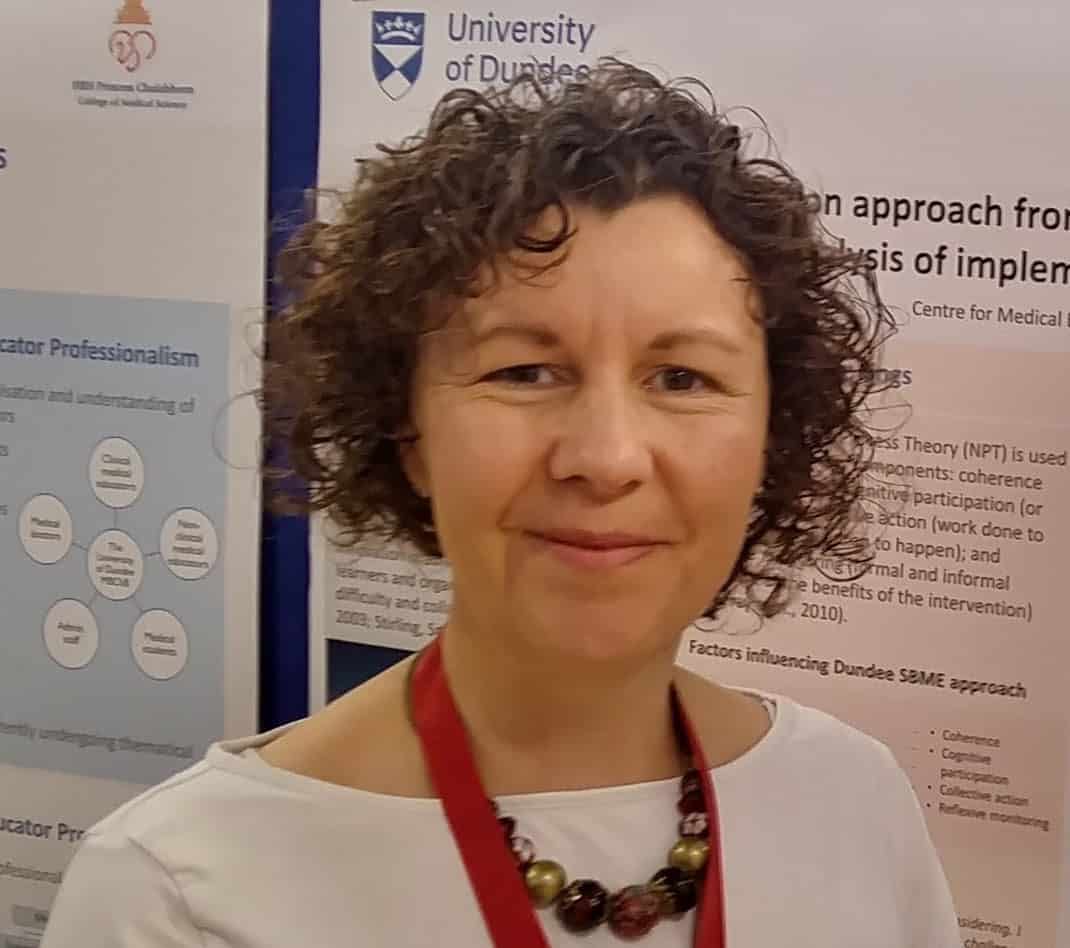As a doctor I ask about symptoms, look for signs of disease, engage in clinical reasoning to try and work out what might be going on, then discuss options with the patient about how we can partner together to improve their health and well being. Sometimes that may include supporting or guiding the person to self-care, other times it could mean referring the patient to someone with more expertise in a particular area than I am able to offer. Maybe referral to a surgeon, for example, who can offer an intervention which I cannot. That surgeon may then discuss what he or she can offer, along with a discussion of risks and potential benefits to the patient. All this is done with the patient’s cooperation and informed consent.
Shouldn’t we treat spiritual care in just the same way? All healthcare providers should be able to take a basic spiritual history, be able to seek signs and symptoms indicating spiritual distress. For some spiritual problems they may be able to reach a shared plan with the patient and self-care might be appropriate. But maybe the underlying problem is more complicated and beyond their own level of expertise and they need to refer to someone with greater experience in that area. For people who have an existing connection to a faith group this might be straightforward, but for those who don’t, what can we offer?
My dream is that every location would have a spiritual care referral centre. That centre would be highly regarded as a complimentary resource which sits alongside NHS care. It would be staffed by a team of well-trained, highly professional individuals drawn from a range of denominational backgrounds. It might have a close resemblance to a food bank. Now, just stick with me for a minute while I unpack that idea a little more.
In the UK we have seen a dramatic increase in evident food poverty in our communities. The Church has been at the forefront of offering compassionate solutions to food poverty crises in families. As well as the provision of crisis food packages, most food banks also see beyond the immediate crisis and will provide more autonomy-enhancing, longer term solutions such as referral to free debt counselling, or help navigating the benefits system. Often foodbanks have drawn together people from wide ranging denominational or faith backgrounds to serve their communities well, with compassion and without proselytising. They are respected third sector providers who work in partnership with other services.
Could we have spiritual care ‘banks’ which offer spiritual care on a similar basis? Someone who is in ‘spiritual poverty’ might be referred by a healthcare provider. The ‘spiritual care bank’ might offer short term prayer, listening or support in a crisis, or may help with longer term solutions to prevent future crises by helping spiritual ‘budgeting skills’ or access to the ‘spiritual benefits system’!
Of course this must all be done respectfully and in partnership with the person, where it is very clear to them what is in offer, from whom and what the ‘risks’ and ‘benefits’ would be. Just like the surgeon, those offering spiritual care such as prayer would do so with the person’s informed consent.
Would you love to see such a resource in your own location? This is my dream – to see those in my community in pain or poverty being loved, supported, resourced, and always assured that they are not alone as we walk their journey with them towards health and wholeness.

Dr Lysa E. Owen

